Your basket (items: 0)
Subtotal
$0.00
Shipping and discounts calculated at checkout.
Your basket is currently empty!
Bright Path Futures make and freely share first language learning and wellbeing resources for people wanting to communicate in English with others around them. We work with local authorities and voluntary organisations across the UK to support cultural integration for refugees and asylum seekers from around the world.
Practice Your English learning resources
Our resources focus on a unique combination of first stage literacy (phonics) awareness for those who have little or no formal education in their own language, alongside pronunciation / comprehension of functional language needed to participate in social situations – including making suggestions, arranging to meet up, and even common small talk questions.
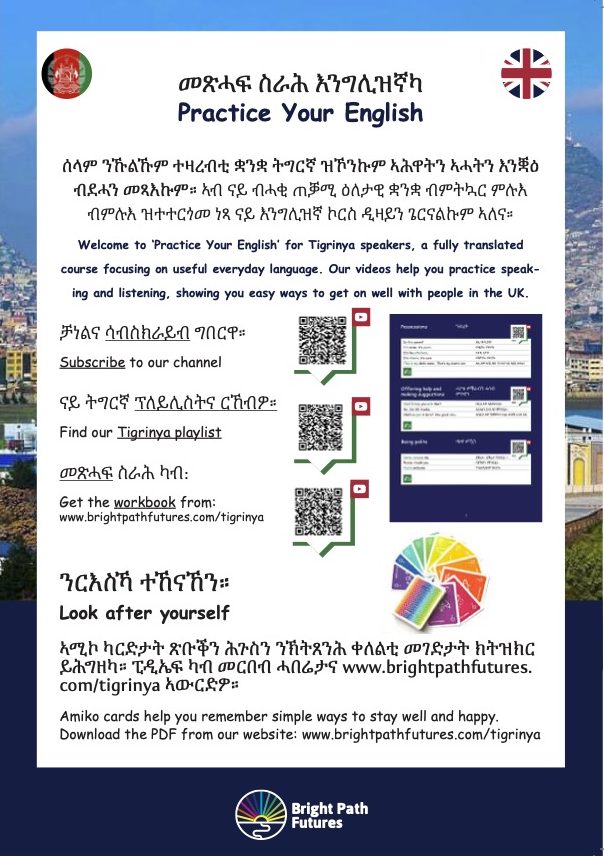
Amiko cards for wellbeing
These colourful, accessible playing cards feature evidence-based ways to boost your own wellbeing, comprehensively covering different aspects of wellbeing: physcial self care, self organisation, building connections and self expression. You can download PDFs on the language pages, or order printed packs of cards or workbooks.
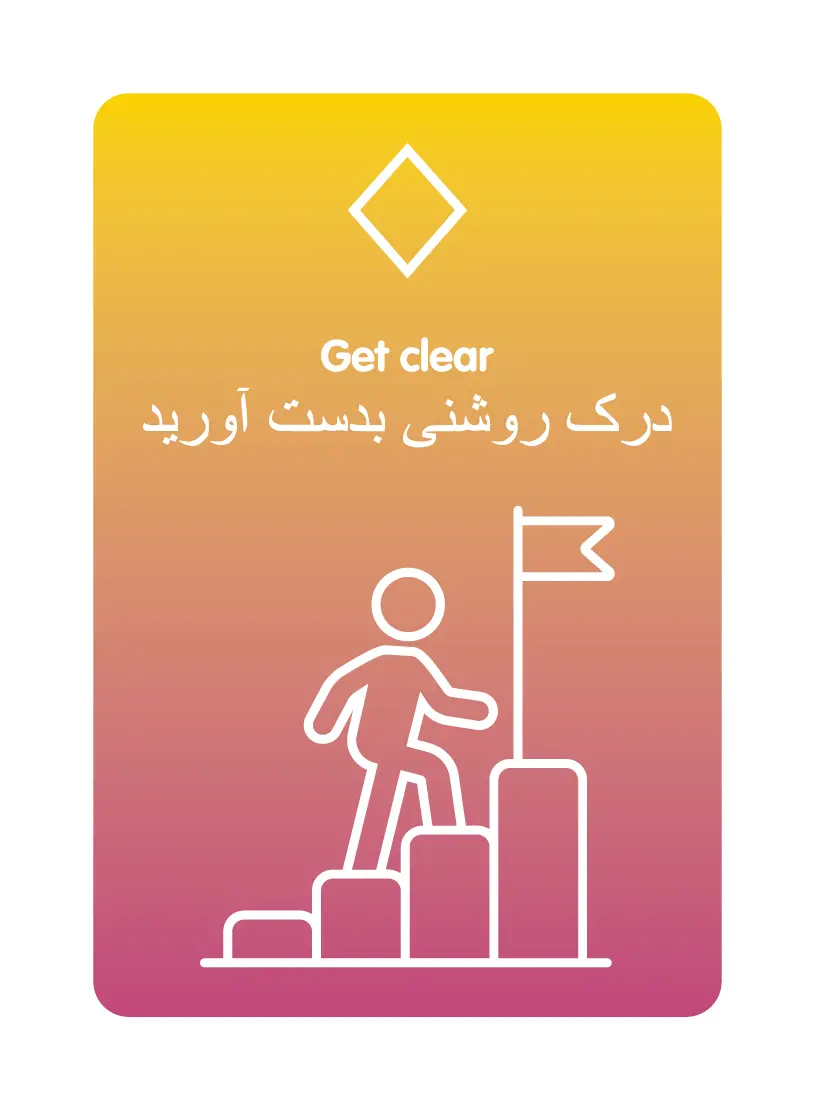
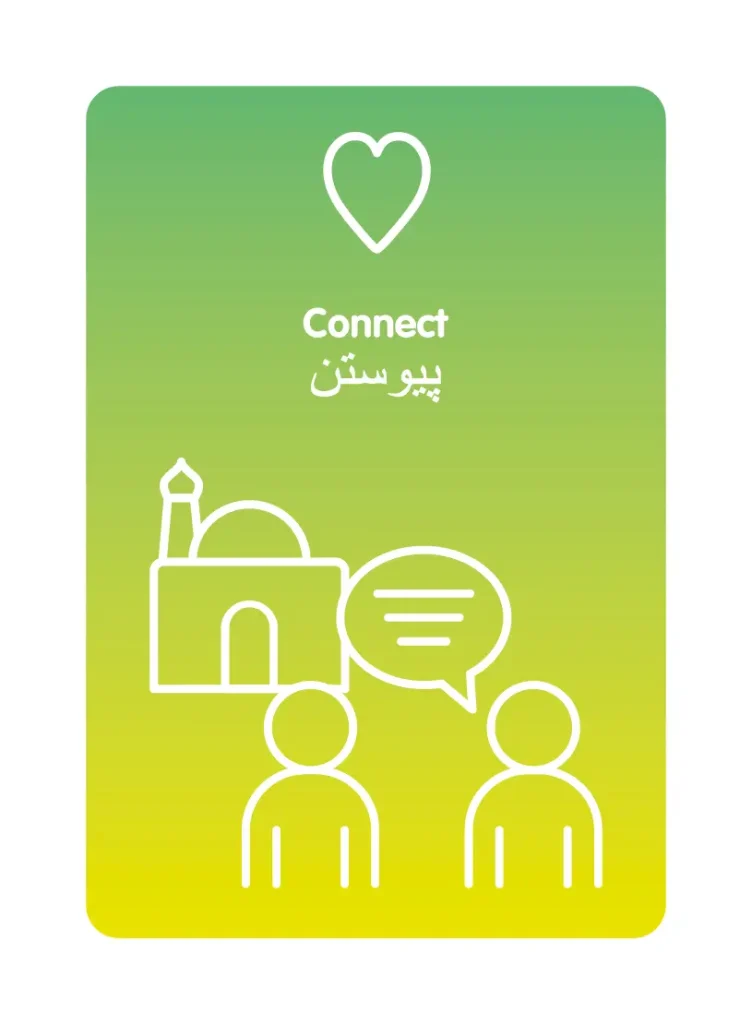
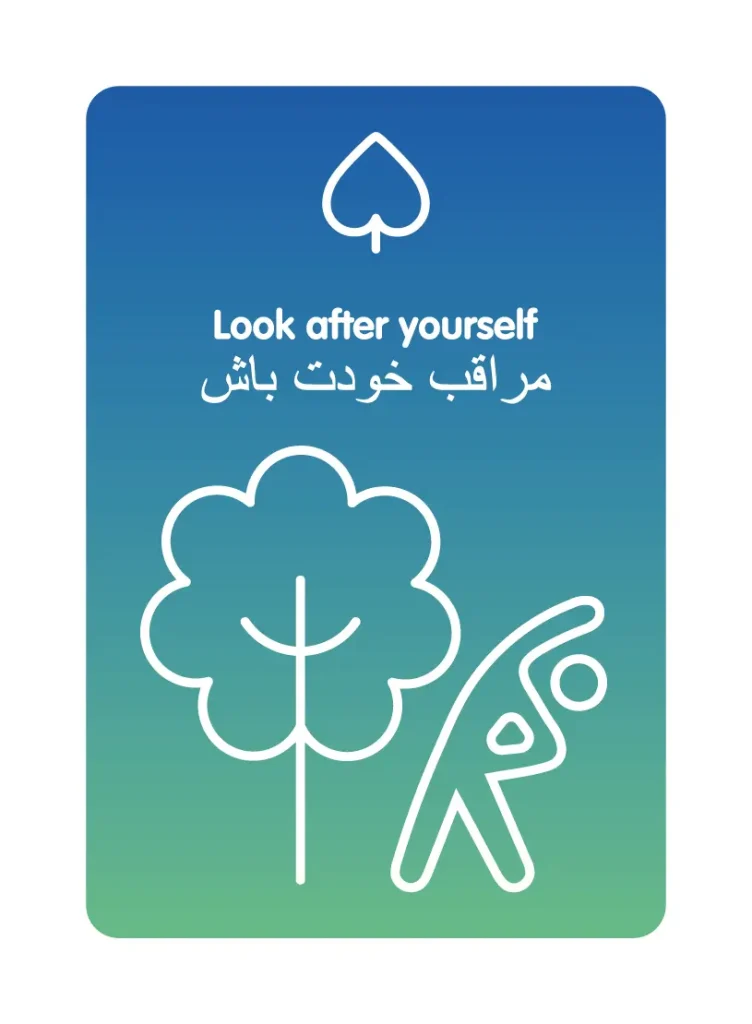
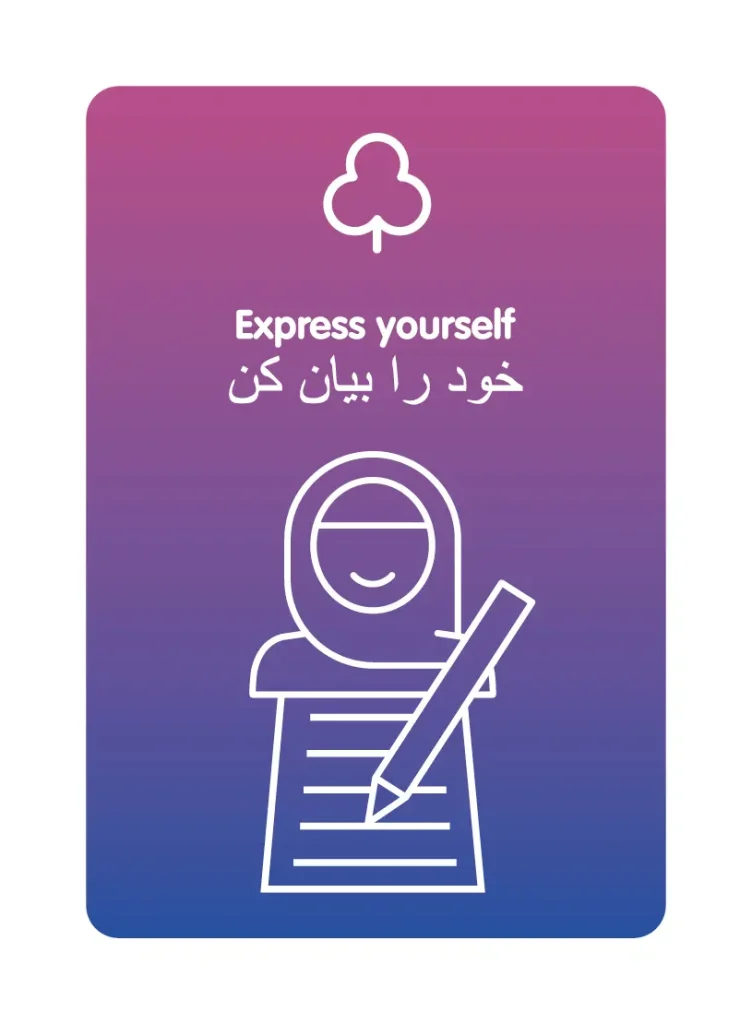
Supporting the supporters
We are currently running an Afghan outreach project in the midlands, and are keen to support local authorities or other organisations doing similar support work. If your organisation wants to use our resources but would benefit from training or support to do so – for example if you’re helping people learn English but don’t have a teaching background – you can check out our best practice videos for ideas of how to best help with learning and wellbeing. We’ll be adding more as we learn!
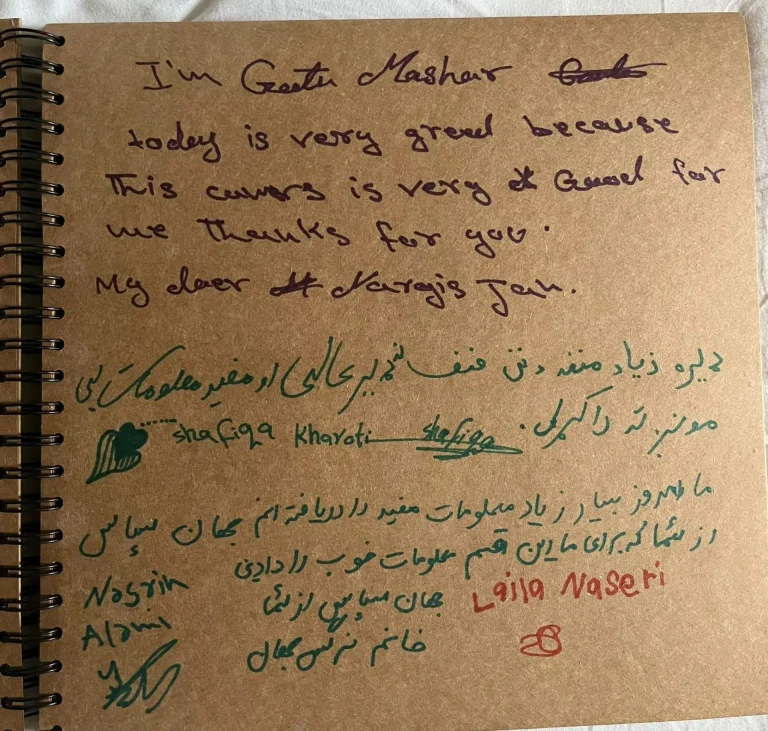
Our story

Bright Path Futures started in August 2021 in Leicester with an on-the-ground partnership built out of necessity between newly arrived Afghan refugees, the University of Leicester’s Sanctuary ESOL team and the British Red Cross.
The challenges we aimed to address initially were the same as those the project addresses now: the cultural integration needs of people isolated with their families in hotel rooms, without the confidence, language or literacy to engage with communities in the UK.
Most of our team members have arrived in the UK fleeing humanitarian crises and human rights abuses. We understand from lived experience what it’s like to arrive in a new country with nothing, dependent on the goodwill of those you meet. That’s why we want to help.
We’ve been supported in our mission by many amazing organisations and people [logos of supporters here]. We want to thank the many talented and kind people who have freely given their time and skills to make it possible for us to have got this far.
The Bright Path Futures team
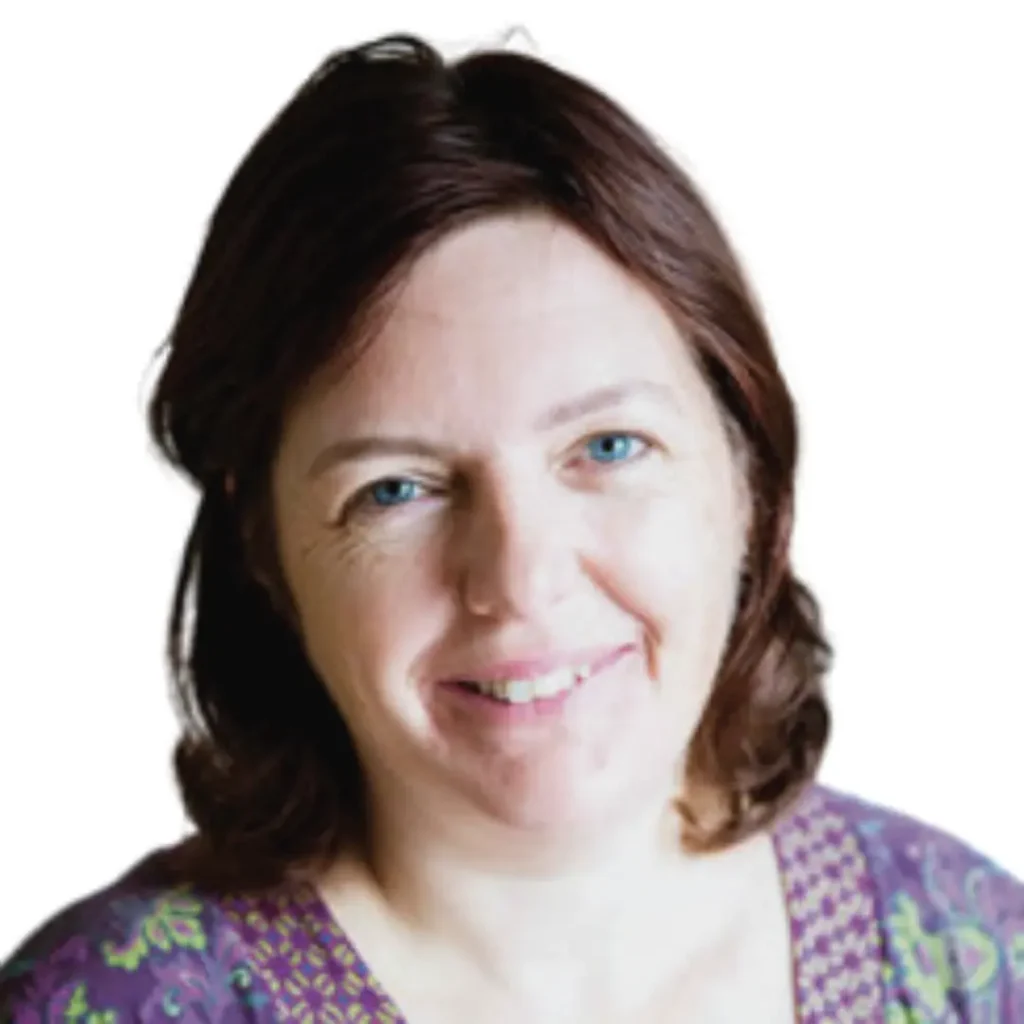
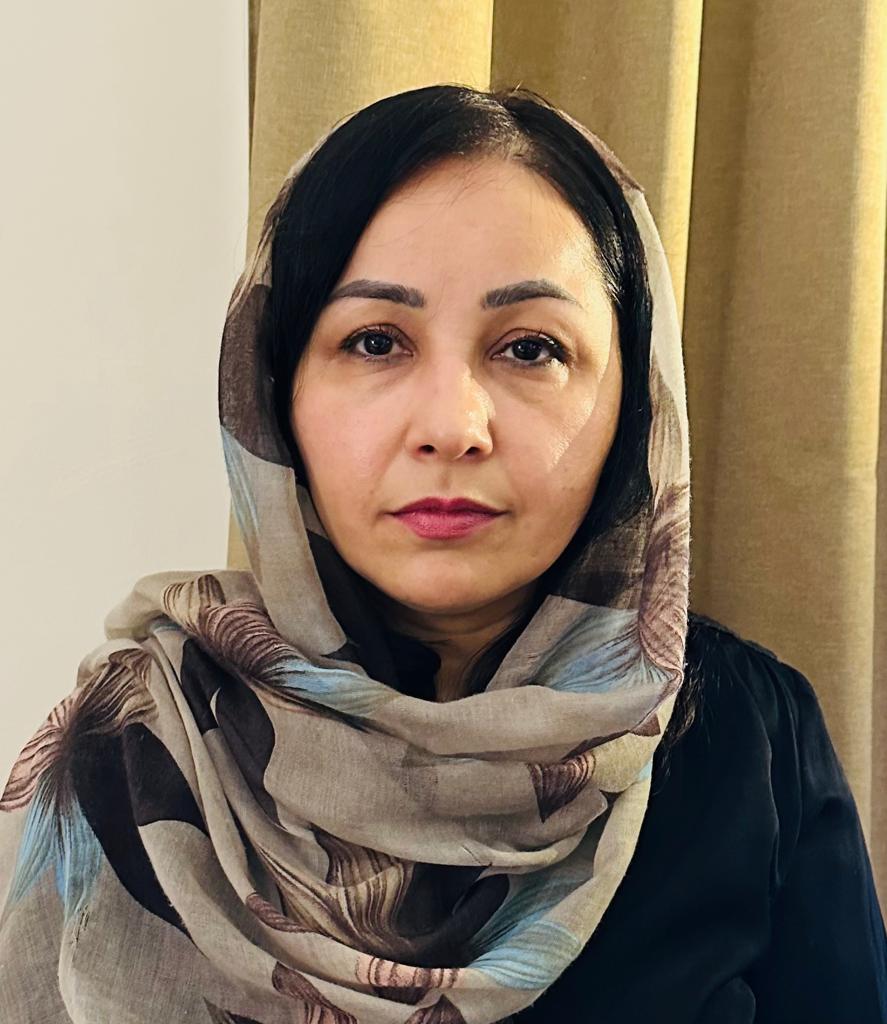
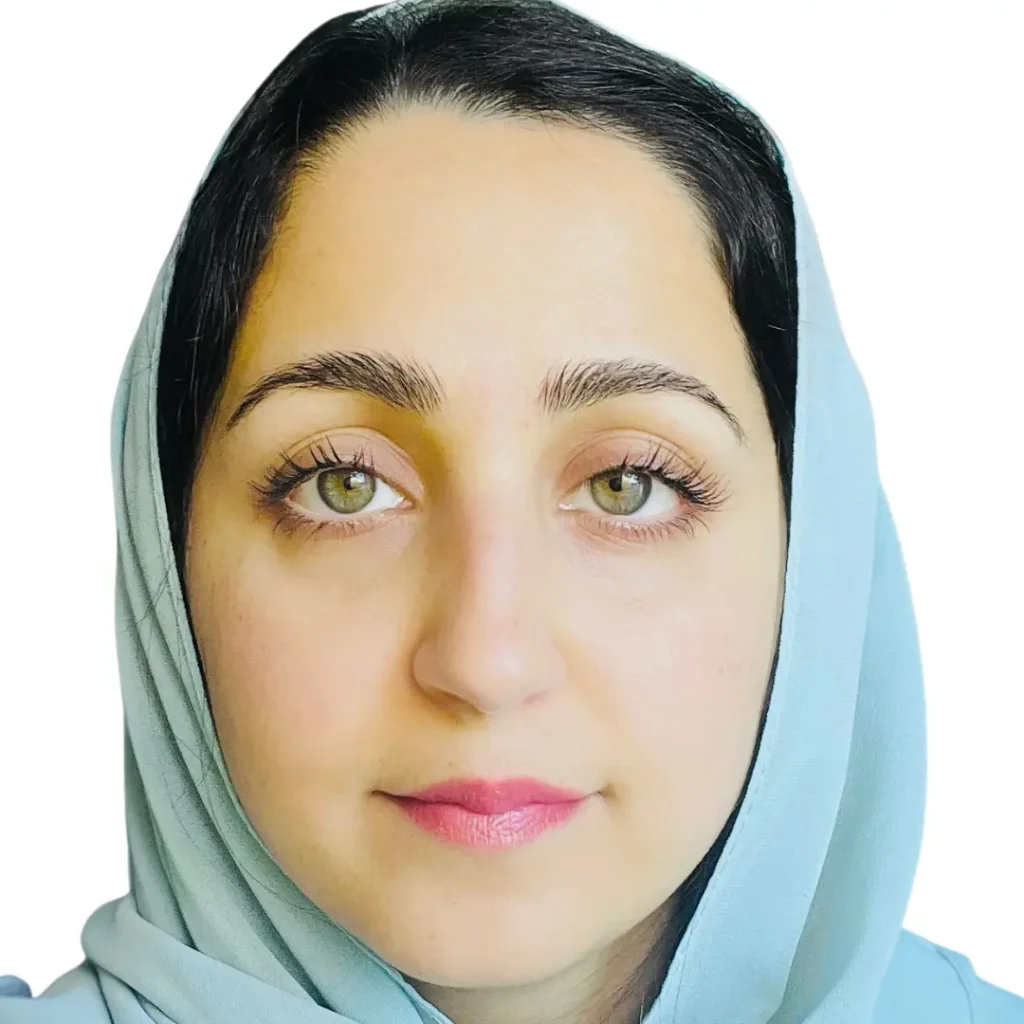
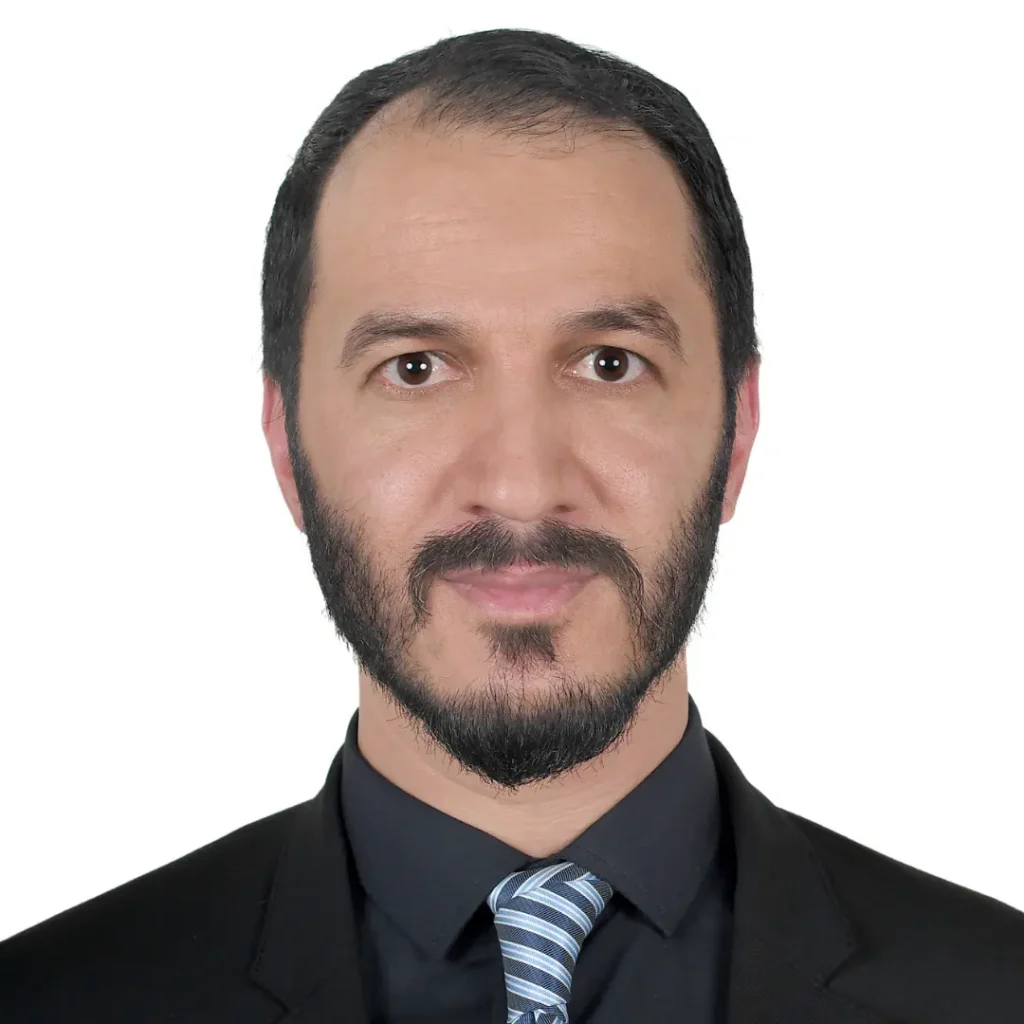
Jos Razzell
Sohaila Abhar Arash
Narges Farahi
Omar Aryan
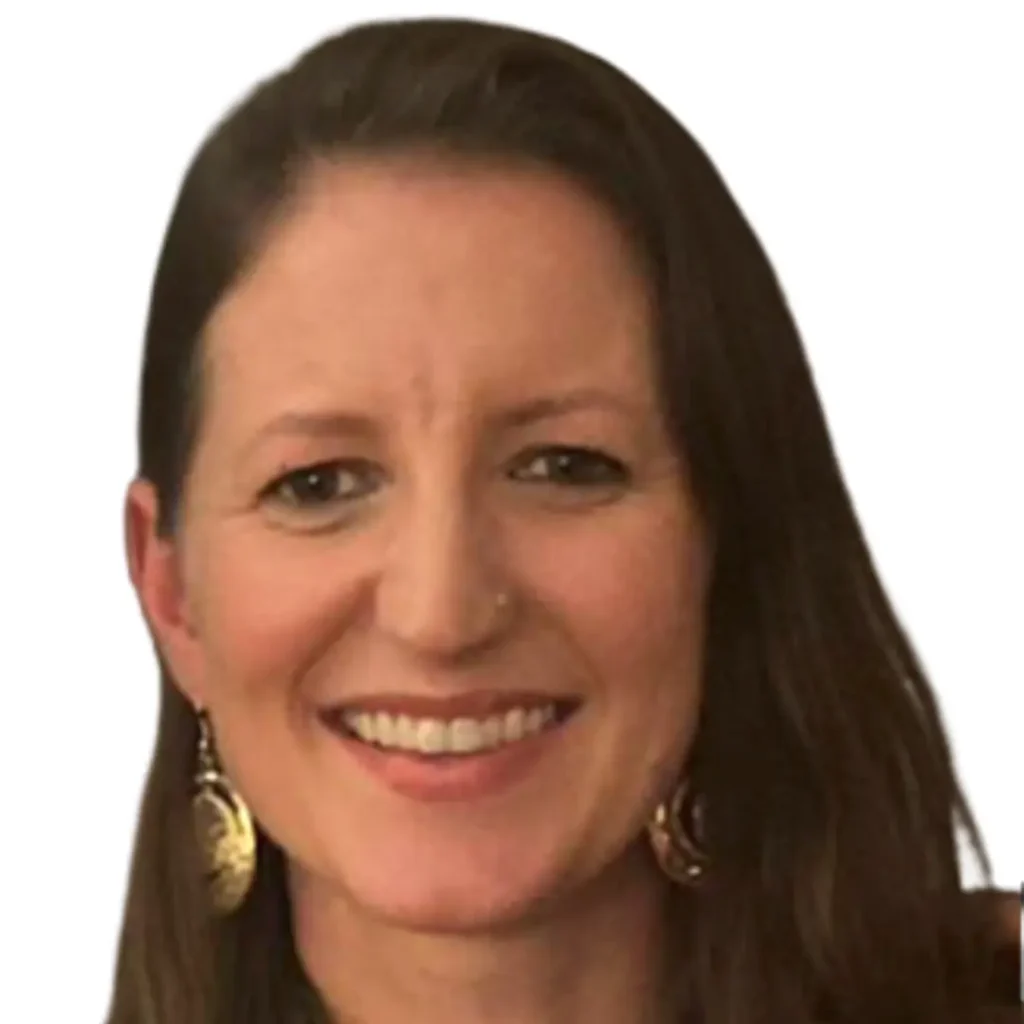
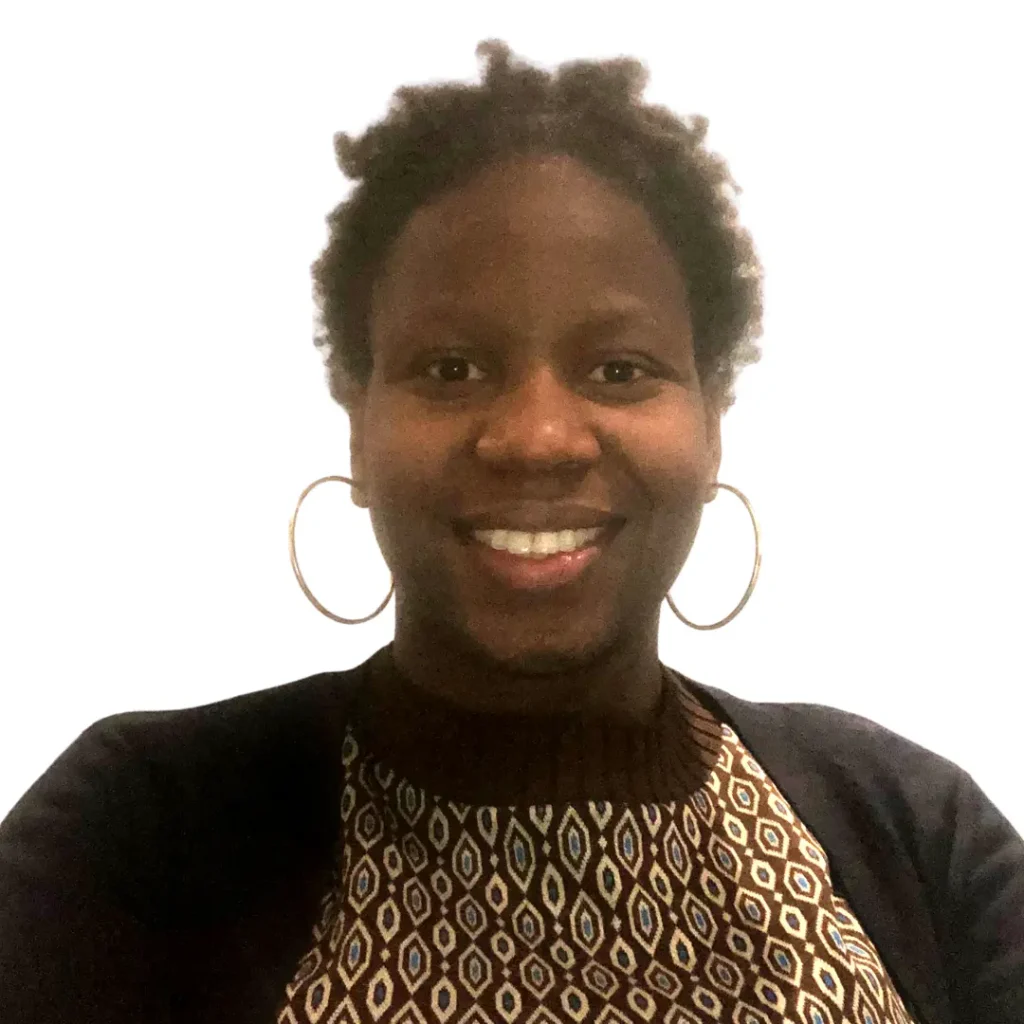
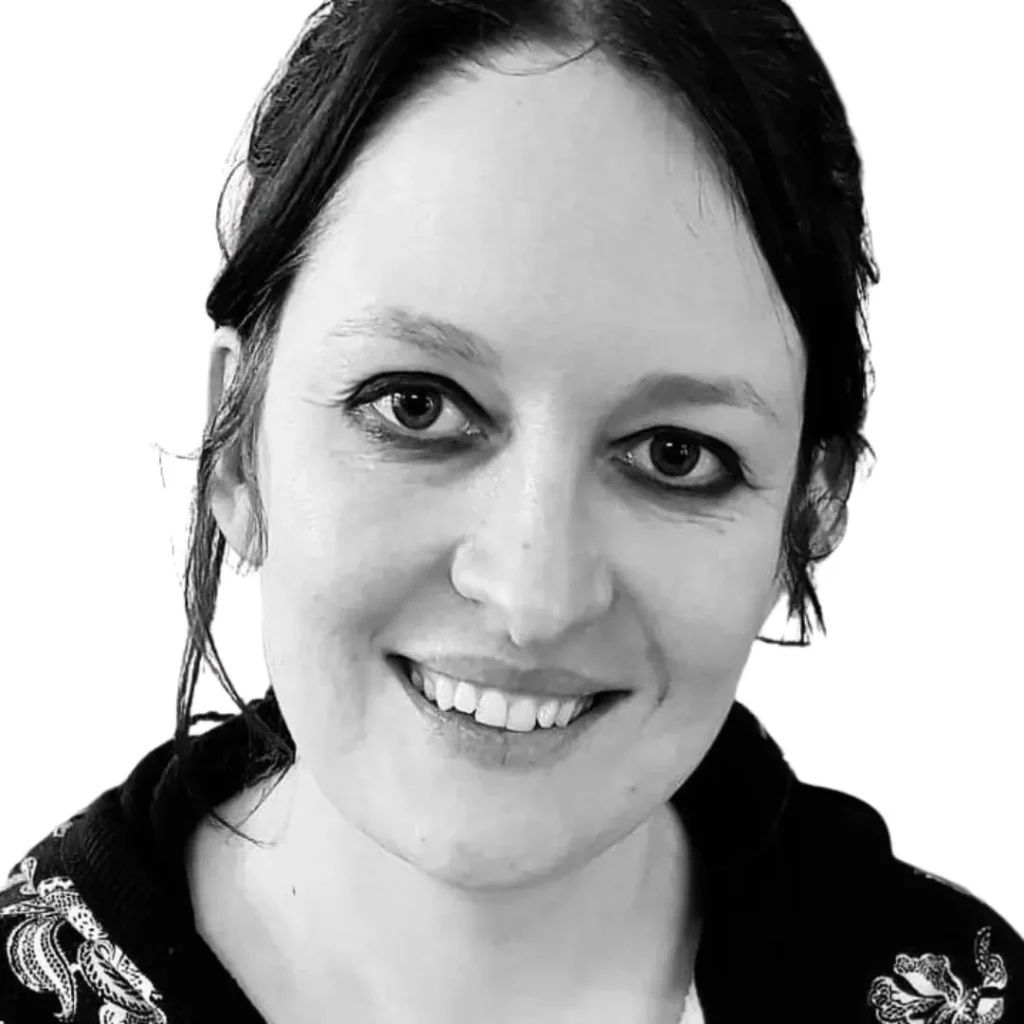
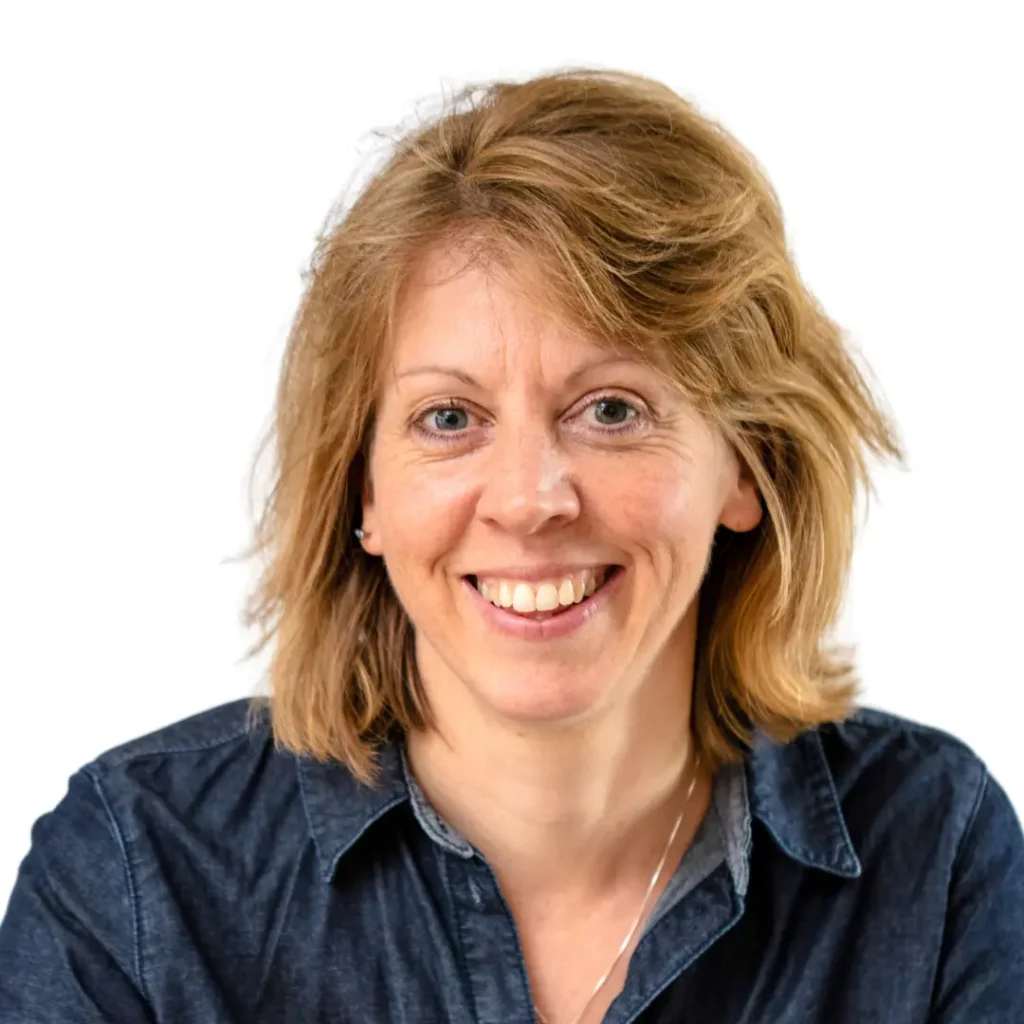
Kalyani McCarthy
Nadine Pa
Aleks Palanac
Katie Elliott
Sponsored by

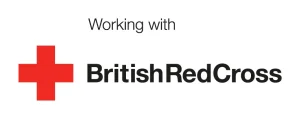
Your basket is currently empty!